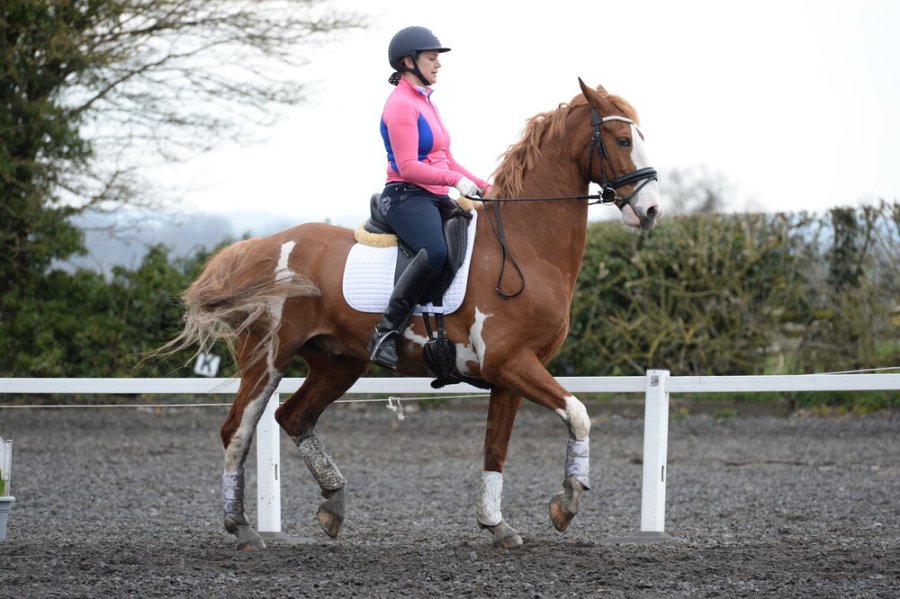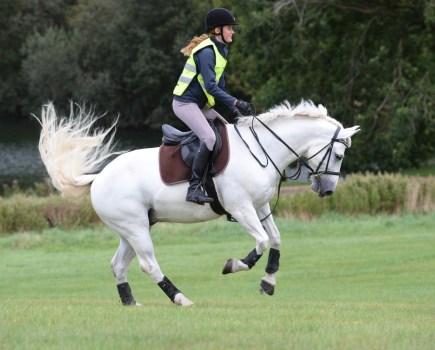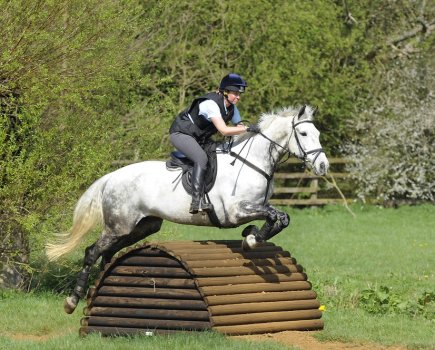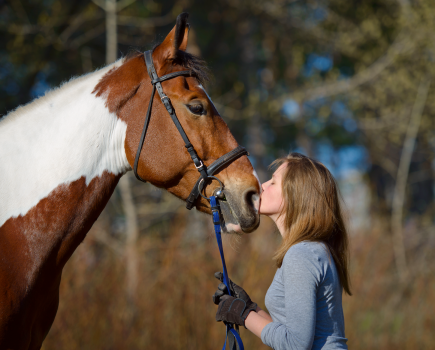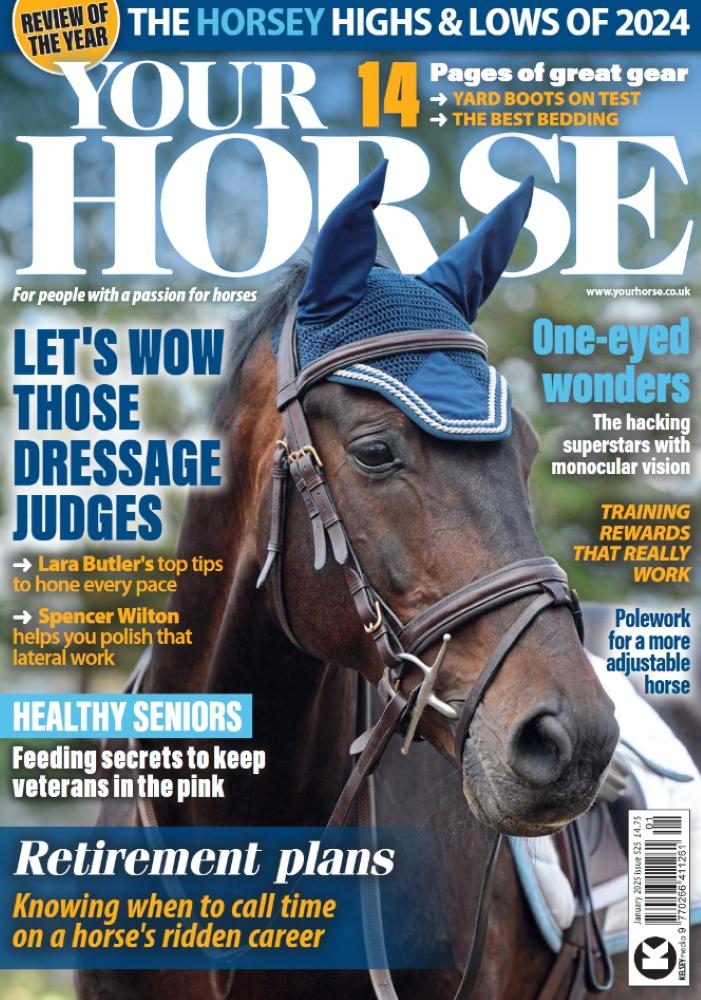When you have a horse who tends to get excitable it can be a challenge to get them focused and calm, particularly when at a competition. Dressage rider and coach Olivia Towers explains her tips for dealing with hot horses.
If your horse is excitable on the ground, it can make handling them pretty intimidating. If he gets even more fizzy when at a competition, it could be because you’re at a new venue with lots going on.
The best way to approach this is to hire an arena so that you don’t have the stress of competing while dealing with your horse’s behaviour, and you won’t have a time limit either.
Start by working him on the lunge to help him settle, but be wiling to adapt your approach based on how he’s feeling. With repetition, going to a new venue will start to become less exciting and simply second nature.
Calm and focus
As each horse is an individual, there isn’t really a set way to calm and focus a hot horse, but having him in front of your leg and working on his suppleness is key.
Often, when horses are hot and go tight, they are actually behind the leg and ‘puffed out’ against it. So when we don’t ride them forward, it’s like putting your finger over the top of a champagne bottle and shaking it: you end up with a build up of energy.
I don’t suggest just firing horses forward, but work gently and smoothly towards having them working forward.
I always use lots of turns, like serpentines or figures of eight to bend them through the ribs and achieve suppleness.
There is no point in having your horse in front of your leg but stiff, as that’s not a nice feeling.
I tend to warm up and get some energy out of them, then do exercises in walk, like leg-yield and turn on the forehand to keep the situation calm, but get them bending, thinking and having a job to do. It’s all about reading your horse.
Out of control
I often find that the moment my brain goes “Oh wow, we’ve lost control now” is when the horse gets a lot worse and I really do lose control, irrespective of what the horse was, or is, actually doing. i’ve had experiences where my horse has been wild, but because I’ve been in a good place in my head, I’ve not felt worried. At other times, my horse has only had to look at something and I’ve frozen and felt as though I’m in a hopeless situation. Therefore, you’re not alone in this and it can happen to any rider at any time.
Positive mindset
When I feel these thoughts creeping in, I try to tell myself to use this energy and enhance it: use it to help you keep on riding the horse.
I do this a lot when cantering very young horses, for example, as it always feels fast, but the more I accept not being 100% in control, the more relaxed and in control I ultimately feel.
Don’t miss the latest issue of Your Horse Magazine, jam-packed with training and veterinary advice, horse-care tips and the latest equestrian products available on shop shelves, on sale now.

